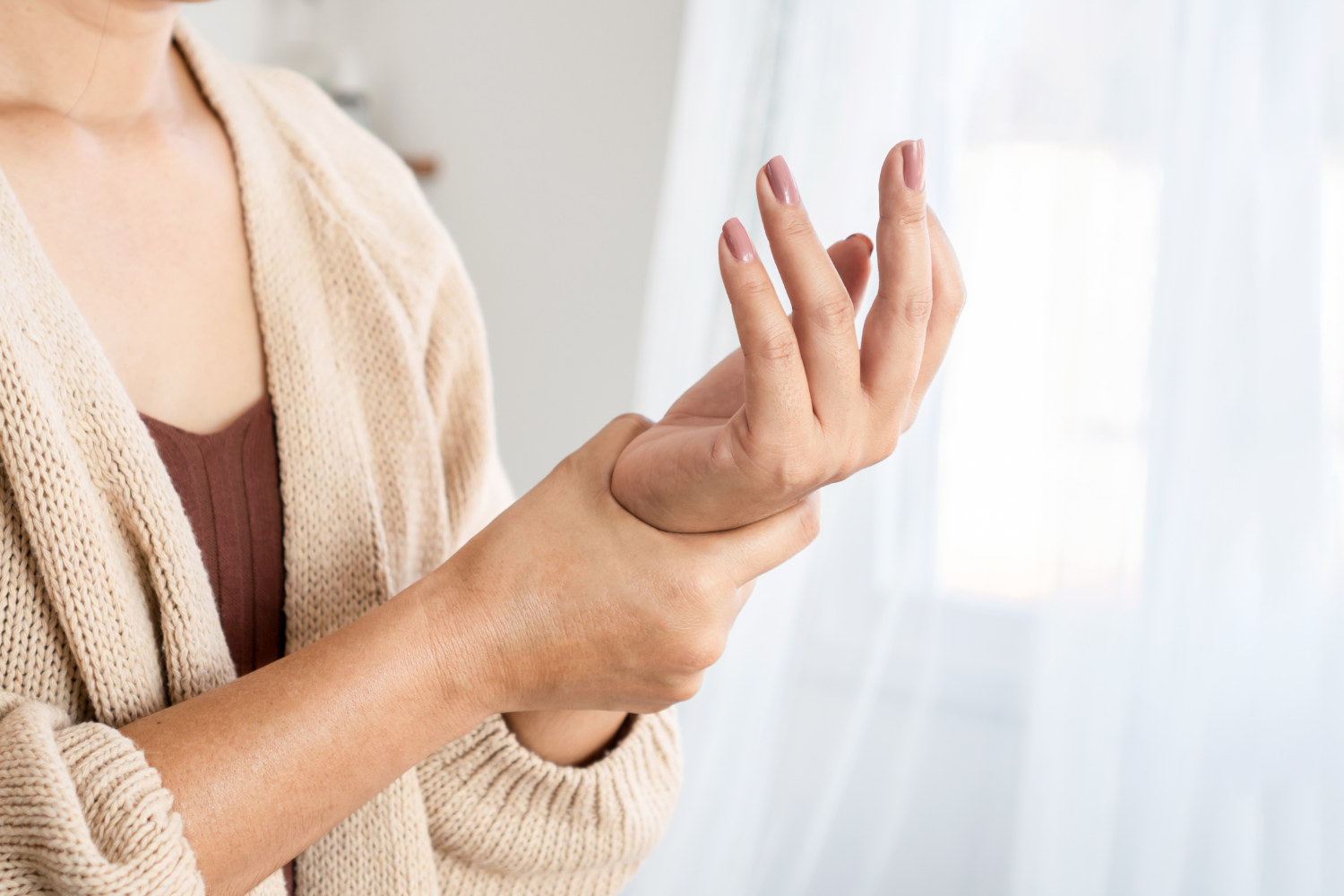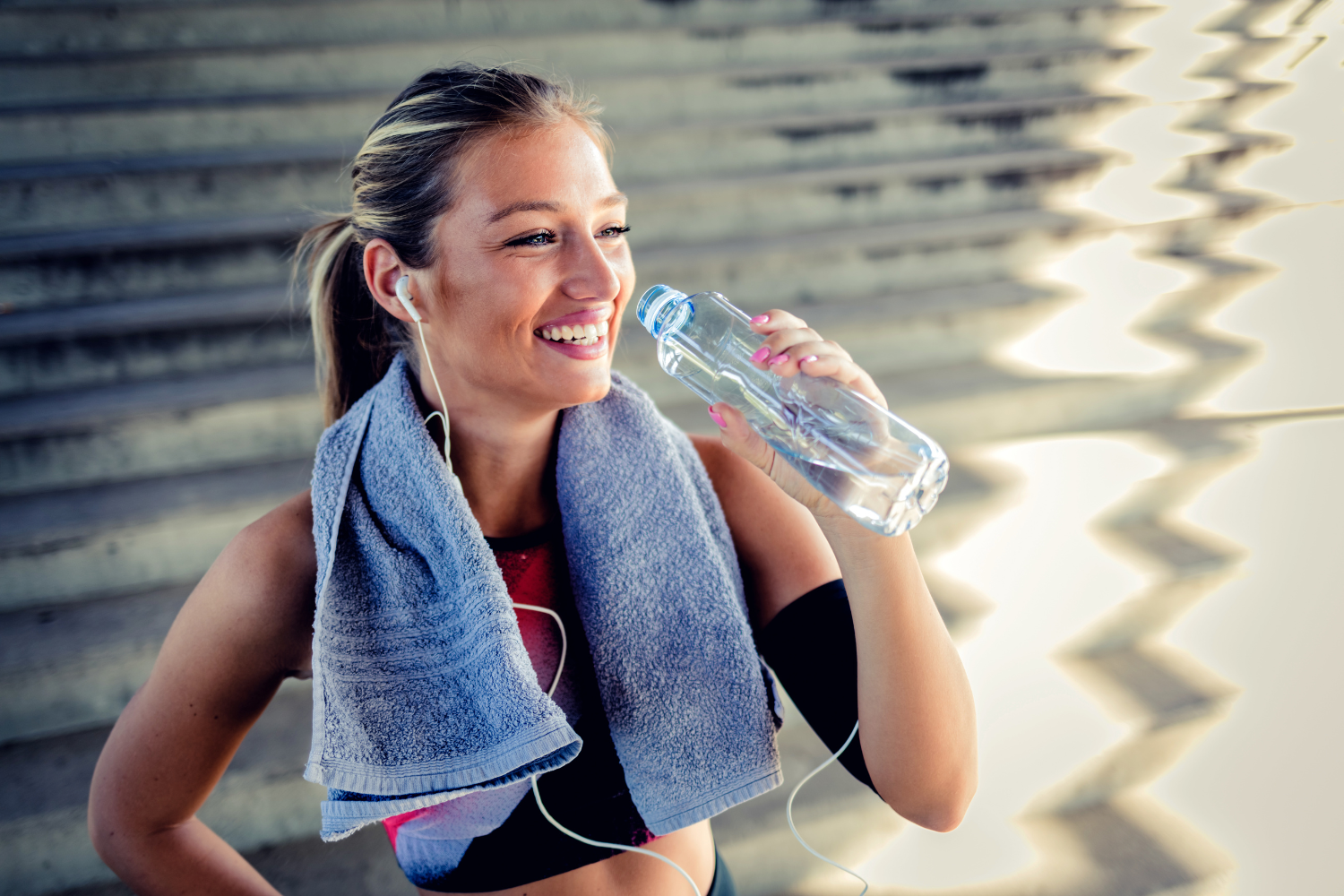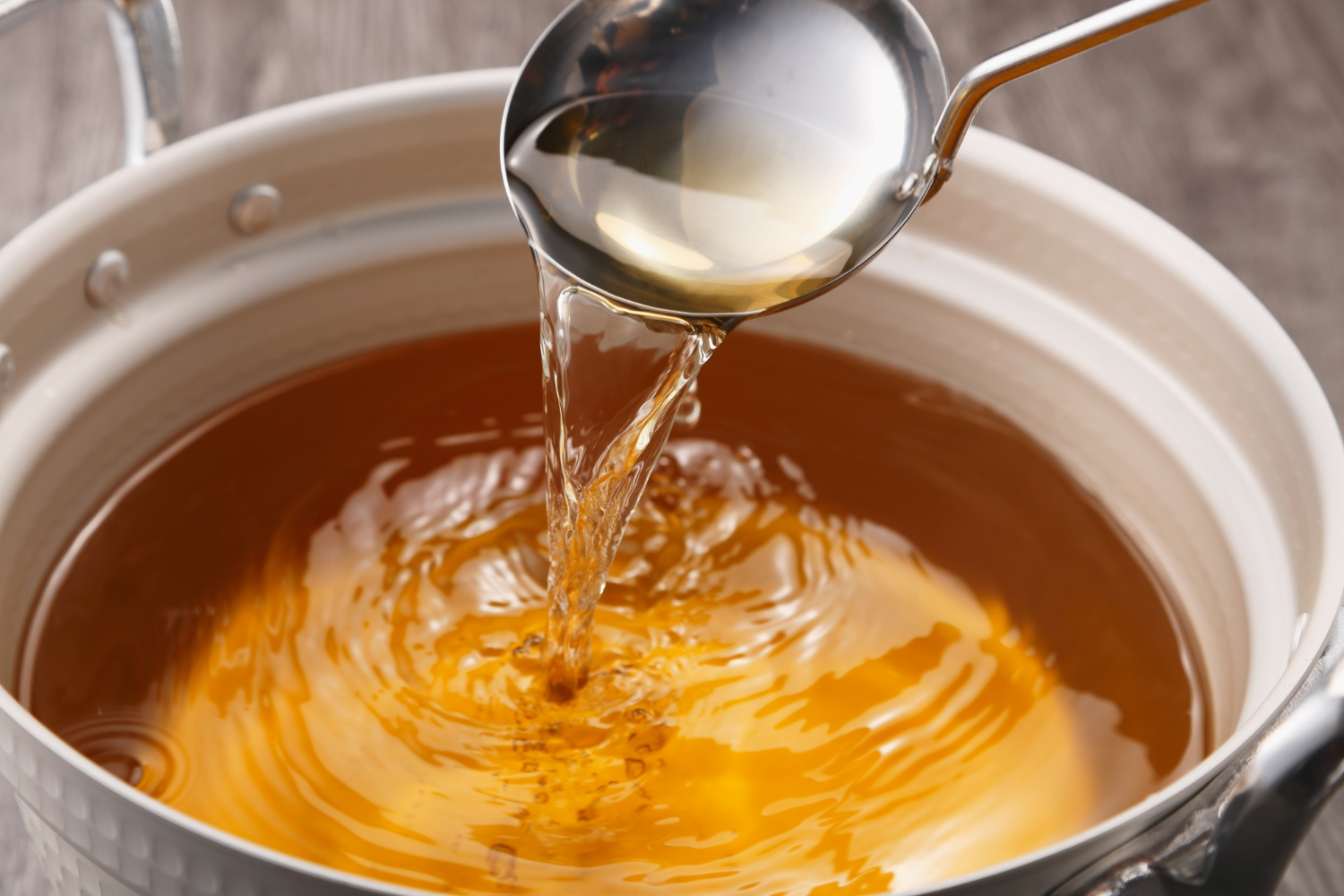Starting a keto diet changes how your body handles fluids and minerals. Cutting down on carb intake lowers insulin levels, which causes your kidneys to flush out more water and key electrolytes, such as sodium, potassium, and magnesium. Without enough electrolytes for keto, many people experience symptoms like muscle cramps, fatigue, and headaches, commonly known as the keto flu.
keeping your electrolytes in balance is critical for muscle and nerve function, energy levels, and overall hydration, especially as the body adjusts to a low carb diet. Keto dieters who don’t replace these essential minerals may feel weak, sluggish, or even develop muscle weakness or leg cramps. Getting enough electrolytes may help support a smooth transition into a low-carb lifestyle by helping maintain hydration and electrolyte balance.

What Are Electrolytes, and Why Do They Matter on Keto?
On a ketogenic diet, your body handles electrolytes differently than it does on a higher carb intake. When insulin levels drop, your kidneys start flushing out more water. Along with that, fluid loss comes a drop in key electrolytes, such as sodium, potassium, and magnesium.
These minerals support muscle and nerve function, blood pressure regulation, and fluid balance. Without proper electrolyte intake, keto dieters may feel run-down, dehydrated, or experience other signs of imbalance, especially in the early stages of the keto lifestyle.

Symptoms of Electrolyte Imbalance on Keto
During the first few days of a low carb diet, you may feel off. This is often due to a drop in electrolyte levels. As your body loses fluids, it also loses critical electrolytes, leading to symptoms that are sometimes confused with the keto flu. These issues often improve once you restore mineral balance through food or keto electrolyte supplements.
Common signs of electrolyte imbalance on keto include:
-
Headaches
-
Low energy
-
Dizziness
-
Muscle cramps

The 3 Most Important Electrolytes for Keto
To maintain hydration, energy, and overall health, keto dieters need to focus on three critical electrolytes: sodium, potassium, and magnesium. Each plays a unique role in supporting the body’s shift into ketosis and helping you avoid common keto flu symptoms.
Sodium
Sodium is one of the most important electrolytes for keto because your body loses more of it when you reduce carb intake. Many keto dieters may require more sodium than the general dietary guideline due to increased excretion. Talk to your healthcare provider to determine your individual needs.
To support proper electrolyte balance, healthy muscle function, and steady energy levels, focus on keto-friendly sources such as sea salt, bone broth, and electrolyte supplements. Replenishing sodium daily helps maintain hydration and supports muscle comfort and energy production.
Potassium
Potassium plays a crucial role in maintaining fluid balance, which is essential for healthy blood pressure. It’s often overlooked, but inadequate potassium levels may contribute to muscle weakness or fatigue, especially if dietary intake is consistently low or if losses are increased due to sweating or other factors. On a low carb diet, good sources include leafy greens like spinach and foods like avocados.
If your food intake doesn’t provide enough, a potassium supplement or keto electrolyte capsules may help. Be cautious, as excessive potassium from supplements can be dangerous; follow safe dosage guidelines.
Magnesium
Magnesium supports muscle and nerve function and may help you sleep more soundly. A magnesium deficiency on keto may lead to muscle cramps, trouble sleeping, or even a rapid heartbeat. To stay balanced, look for magnesium supplements like magnesium chloride or magnesium glycinate, which are easier to absorb.
You can also add trace minerals or magnesium-rich foods like nuts and seeds to your low carb meals. Getting enough magnesium daily helps support proper electrolyte balance and promotes a steadier feeling throughout your keto lifestyle.

When Should You Take Electrolytes on a Low-Carb Diet?
Getting the timing right can make a big difference when it comes to electrolyte intake on a low carb diet. Some people only need keto electrolyte supplements during heavy activity or the early keto flu stage, while others need a consistent daily routine to maintain hydration and mineral balance. Knowing when to take them helps support optimal health, sustained energy, and muscle comfort.
When to Take Them Based on Symptoms or Activity
Certain moments can place extra stress on fluid balance and electrolyte levels, especially during the transition to a keto diet. Replenishing sodium, potassium, and magnesium during these times can help prevent symptoms and support energy levels.
Here are common times to take an electrolyte boost:
-
First thing in the morning
-
Pre- or post-workout
-
During illness or intense sweating
These moments are when electrolyte loss is higher or when blood pressure, muscle and nerve function, or hydration may be affected.

Daily Maintenance vs. Symptom Relief
It’s smart to separate regular electrolyte intake from doses intended to provide additional electrolyte support during the early stages of low-carb adaptation. Daily maintenance helps maintain key electrolytes at steady levels, while short-term increases may be necessary during periods of stress, fasting, or heat exposure.
|
Goal |
Maintain proper electrolyte balance |
Supports hydration, electrolyte balance, and energy during keto adaptation |
|
Routine |
Take consistent doses, usually once or twice a day |
Use additional electrolyte capsules or drinks when symptoms arise |
|
Adjustments |
Modify for travel, stress, or high sodium loss |
Temporary increase during workouts, illness, or hot weather |
What to Look for in a Keto Electrolyte Product
Not all supplements are created equal. The best electrolyte drink or capsules for keto should be sugar free and free from ingredients like maltodextrin, which can spike insulin levels. A high-quality keto electrolyte supplement should offer a complete mix of important nutrients, especially sodium, potassium, and magnesium.
Products like LyteShow and LytePow are specifically designed for keto dieters and contain the important electrolytes without unnecessary fillers. Look for options with zero sugar, gluten free labels, and formulas that include magnesium chloride and other trace minerals for better absorption.
Can Food Alone Give You Enough Electrolytes?
Eating the right foods helps, but it may not fully cover your needs—especially during the early stages of a ketogenic diet. Keto-friendly meals can support electrolyte levels, but certain situations may still call for supplementation to keep mineral balance steady.
Keto-Friendly Foods That Help Replenish Minerals
Some whole foods are packed with critical electrolytes and are easy to include in a low carb diet:
-
Bone broth
-
Leafy greens
-
Nuts and seeds
These options offer essential minerals like magnesium and potassium while supporting fluid balance and overall health.

Why Food Might Not Be Enough for Everyone
Even with healthy food intake, intense workouts, intermittent fasting, or hot weather can lead to electrolyte loss. These situations can lower electrolyte levels more quickly than food can replenish them. Supplementing with keto electrolyte capsules or drinks helps fill the gap. It ensures your body receives enough electrolytes to function optimally and avoid signs of low electrolyte intake, such as feeling low in energy or having reduced muscle strength.
Support Your Keto Success with Smart Electrolyte Intake
Maintaining proper electrolyte balance is key to thriving on a ketogenic diet. Sodium, potassium, and magnesium aren’t just helpful; they’re essential for supporting muscle function, stable energy, and hydration on a low carb diet.
As your body adapts to lower carb intake and changing insulin levels, proper electrolyte intake can support consistent energy and hydration during a keto lifestyle. Staying consistent with your electrolyte intake through sugar free products, zero sugar drinks, or trace mineral support can help you feel balanced and energized as you continue your keto lifestyle.
Frequently Asked Questions
How do I know if I need electrolytes on keto?
Signs like fatigue, lightheadedness, or muscle cramps may indicate a need to support electrolyte intake.
Can you take too many electrolytes on keto?
Yes, especially potassium. Follow supplement guidelines and don’t exceed safe levels.
What’s the best way to get electrolytes naturally?
Use pink salt, eat avocado, drink broth, and include magnesium-rich nuts and seeds.
Do I need electrolytes every day on keto?
Most people do, especially in the first month or when doing intense workouts.
Is pickle juice good for electrolytes on keto?
Yes, it's a sodium-rich option that some people use to support hydration and muscle comfort. Take note that adjustments are necessary if you're already getting enough sodium from other sources in your diet.
References
-
Karppanen H. (1991). Minerals and blood pressure. Annals of medicine, 23(3), 299–305. https://doi.org/10.3109/07853899109148064
-
Masood W, Annamaraju P, Khan Suheb MZ, et al. Ketogenic Diet. [Updated 2023 Jun 16]. In: StatPearls [Internet]. Treasure Island (FL): StatPearls Publishing; 2025 Jan-. Available from: https://www.ncbi.nlm.nih.gov/books/NBK499830/
-
National Institutes of Health. (2022). Potassium Fact Sheet for Health Professionals. Retrieved from https://ods.od.nih.gov/factsheets/Potassium-HealthProfessional/
-
Paoli, A., Rubini, A., Volek, J. S., & Grimaldi, K. A. (2013). Beyond weight loss: a review of the therapeutic uses of very-low-carbohydrate (ketogenic) diets. European journal of clinical nutrition, 67(8), 789–796. https://doi.org/10.1038/ejcn.2013.116
-
Volek, J. S., Phinney, S. D., Forsythe, C. E., Quann, E. E., Wood, R. J., Puglisi, M. J., Kraemer, W. J., Bibus, D. M., Fernandez, M. L., & Feinman, R. D. (2009). Carbohydrate restriction has a more favorable impact on the metabolic syndrome than a low fat diet. Lipids, 44(4), 297–309. https://doi.org/10.1007/s11745-008-3274-2
